We may earn money or products from the companies mentioned in this post. This means if you click on the link and purchase the item, I will receive a small commission at no extra cost to you ... you're just helping re-supply our family's travel fund.
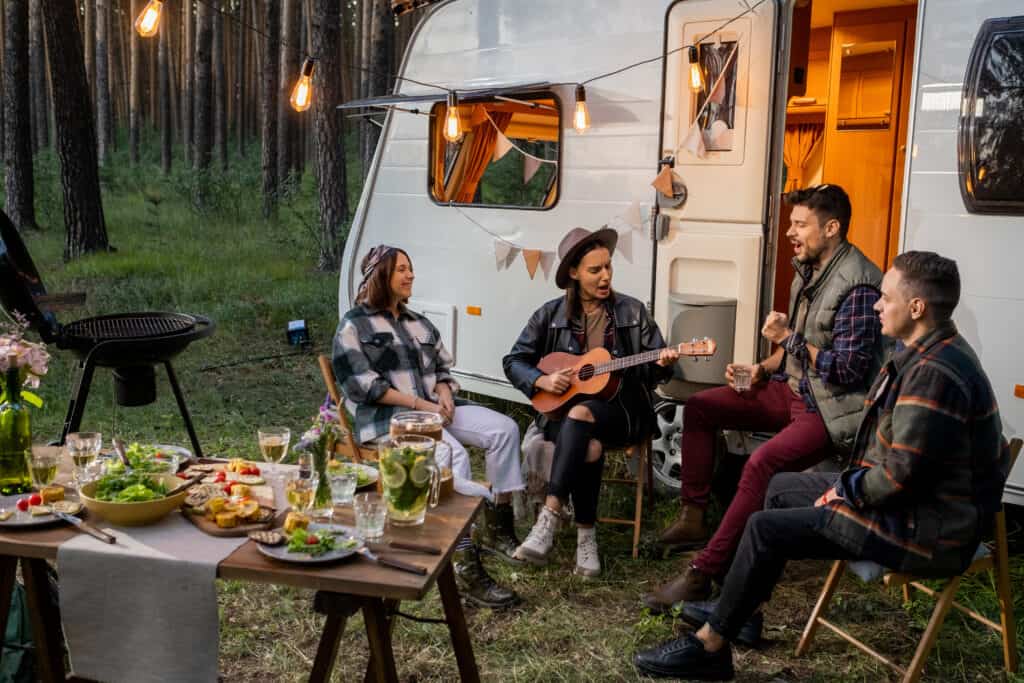
RV life looks relaxed from the outside: lawn chairs under the awning, kids on bikes, a grill going at sunset. Underneath that easy mood, most campgrounds run on a web of rules shaped by fire codes, insurance, noise laws, and fragile landscapes. Habits that feel harmless in a driveway can create chaos when rigs sit a few feet apart and share the same utilities. Learning where the line really is often decides whether a stay ends with new friends or a warning on the door.
Running Generators Through Quiet Hours
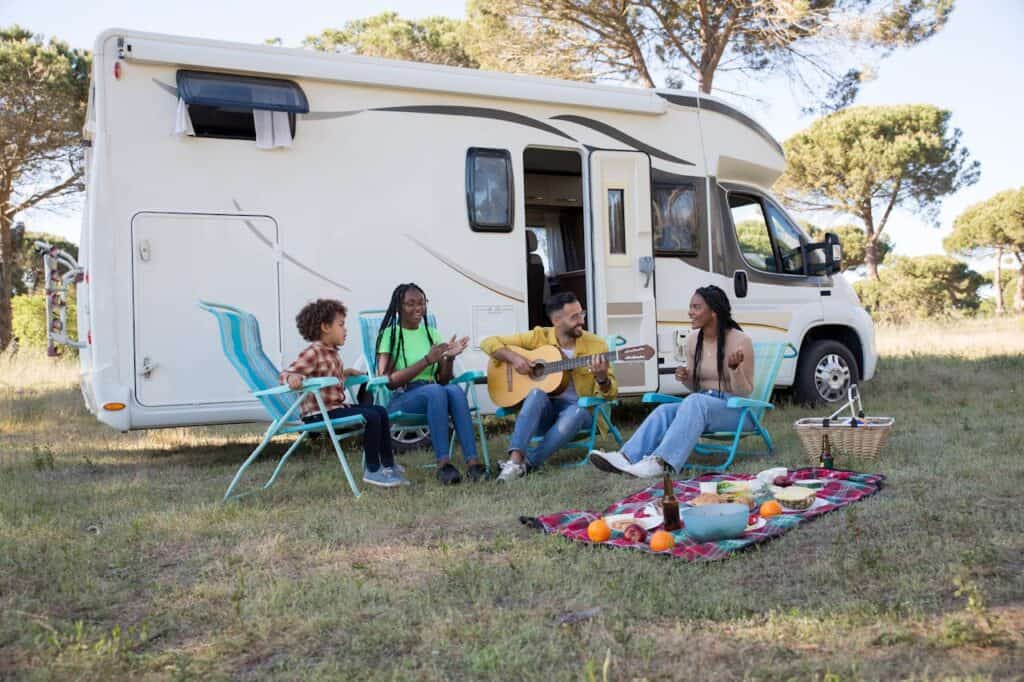
Many RV owners treat a generator like a bottomless outlet, letting it hum late into the night for air conditioning or streaming marathons. In most U.S. campgrounds, noise ordinances and park policies set strict quiet hours, often around 10 p.m. to 7 a.m. A roaring generator can trigger complaints, written warnings, or even eviction. Camp hosts know that once one rig breaks the curfew, others tend to follow, and the whole loop loses its nighttime calm.
Dumping Gray Water On The Ground
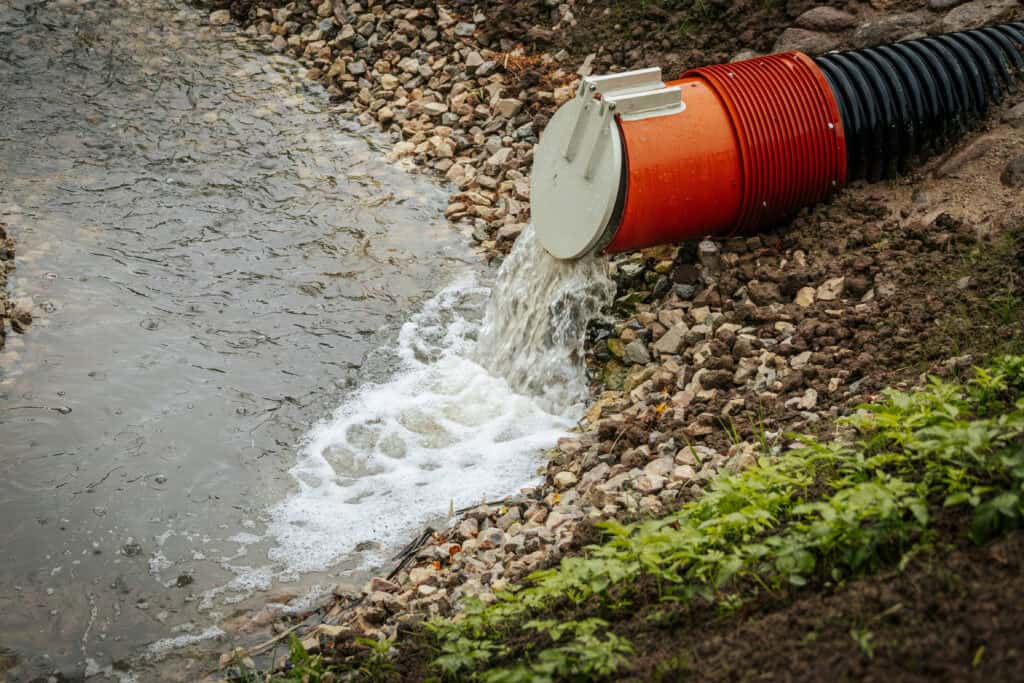
At home, rinsing soapy water into a backyard drain may not raise eyebrows. In campgrounds, draining sink or shower water directly onto soil is usually illegal, even if it “looks clean.” That gray water carries food residue, soap, and bacteria that can attract wildlife or seep into waterways. Most parks require all wastewater to go into sealed tanks and be emptied only at proper dump stations. Staff who spot ground dumping may involve local health or environmental authorities.
Leaving Pets Off-Leash Around The Site
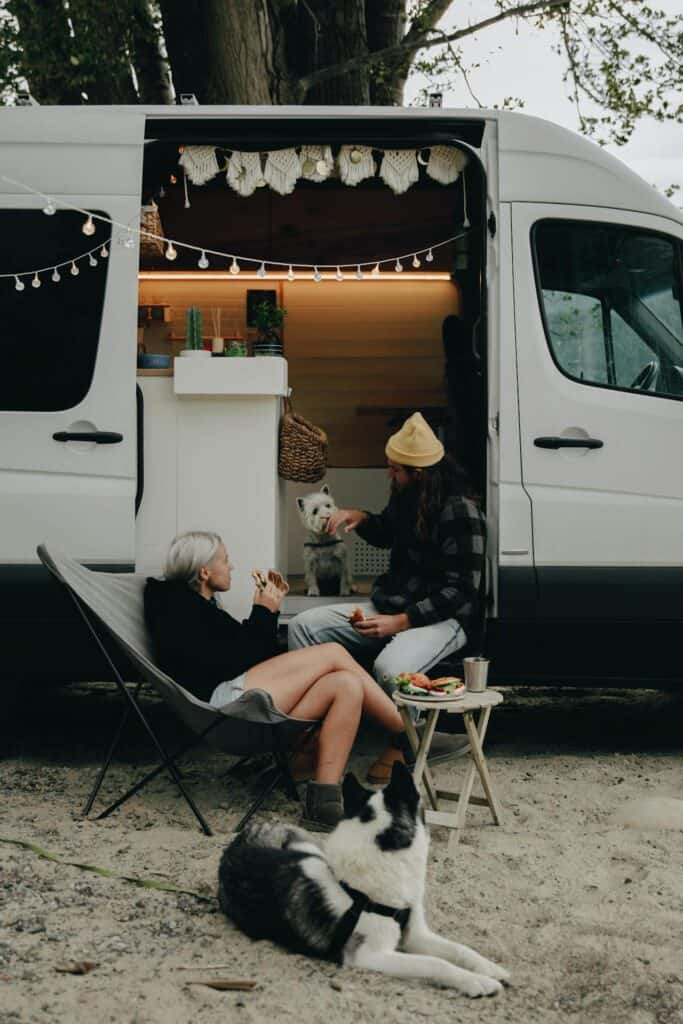
Letting a friendly dog roam from site to site or nap under a tree without a leash feels natural to many long-term RV travelers. Most public and private campgrounds, though, have strict leash rules tied to liability and wildlife protection. An off-leash pet that chases kids, barks at neighbors, or harasses animals can quickly turn into a legal problem for both owner and park. Repeated violations often end in being asked to leave, no matter how sweet the dog seems.
Burning Trash And Food Wrappers In Fire Rings

Campfires invite people to toss in anything that looks burnable, from greasy paper plates to plastic cutlery and cans. Those “clean-up” flames release toxic smoke, scatter half-burned trash, and leave metal or glass shards for the next camper. Fire regulations in most parks explicitly forbid burning garbage, both for air quality and safety. Rangers and hosts who find melted bottles or trash in pits may fine the responsible party or shut down fires until behavior changes.
Washing RVs, Cars, And Gear With Campground Spigots
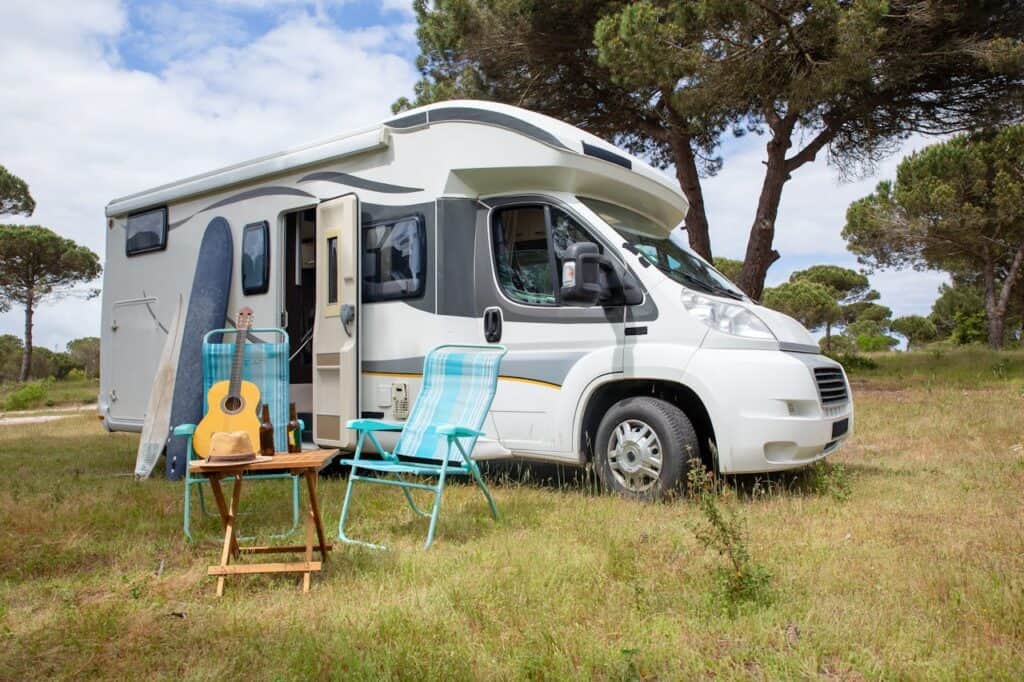
On hot days, it is tempting to turn a campsite water hookup into a wash bay for dusty RVs, tow cars, and muddy bikes. Water use rules usually say otherwise. Many campgrounds prohibit vehicle washing because it strains wells or septic systems and sends soaps and grime into the soil. Some areas also face drought-related restrictions that make extra use illegal. Staff who see hoses running over driveways may cut service or charge extra fees to protect shared supplies.
Using Campsites As Long-Term Storage Yards
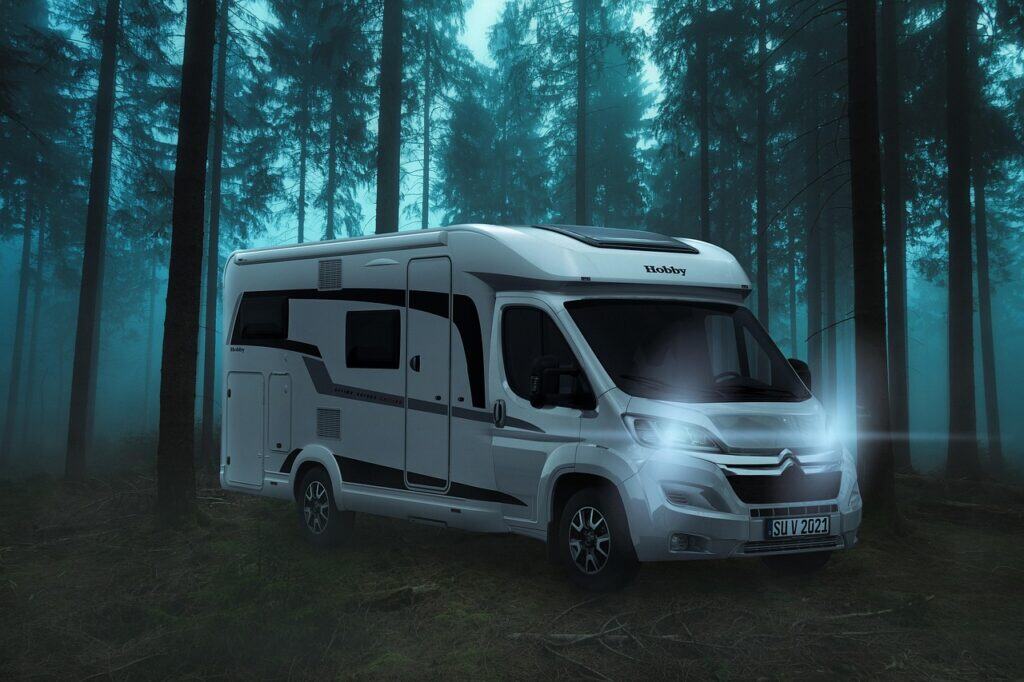
“Normal” home habits include piling extra gear beside the garage: spare tires, coolers, totes, and project parts. In campgrounds, spreading equipment across the site or leaving broken items under tarps often violates clutter and storage rules. Zoning laws in many regions treat campgrounds as short-stay recreation, not storage lots. When sites start to look like miniature junkyards, owners risk warnings, fines, or being barred from extending their stay beyond the posted limit.
Ignoring Alcohol Rules In Public Areas
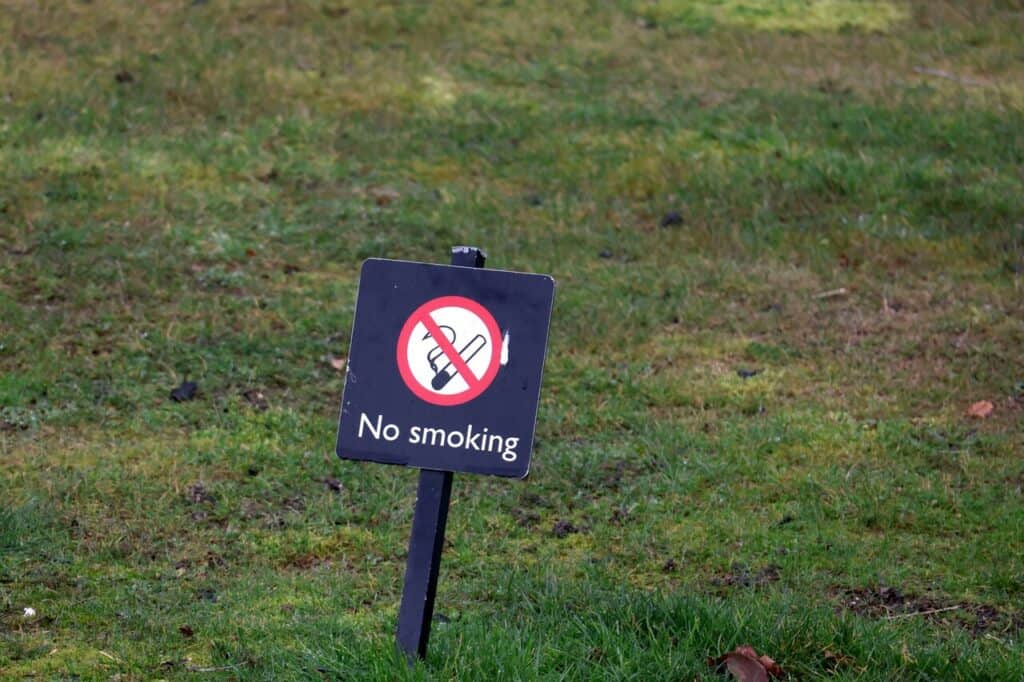
Sipping a drink under the awning feels like standard camping culture, but many parks regulate where alcohol can be visible or consumed. Open container laws, family-focused branding, or past problems with rowdy groups push some campgrounds to restrict drinking to inside the RV. Loud gatherings, visible bottles around shared facilities, or intoxicated behavior can move things from “frowned upon” to “grounds for removal” quickly, especially in public or state-run parks.
Quiet Hours Violations With Outdoor Music And TVs

Campers who love background music or big-game nights sometimes bring outdoor speakers or large TVs under the awning. Volume that sounds reasonable to one family can carry across multiple sites in a tightly packed loop. Most campground policies now treat amplified sound as a privilege that ends at quiet hours or is banned outright. Repeated complaints about bass, commentary, or karaoke sessions often mean staff visits, written warnings, and eventual removal if behavior does not change.
Flying Drones Over Campsites And Wildlife Areas
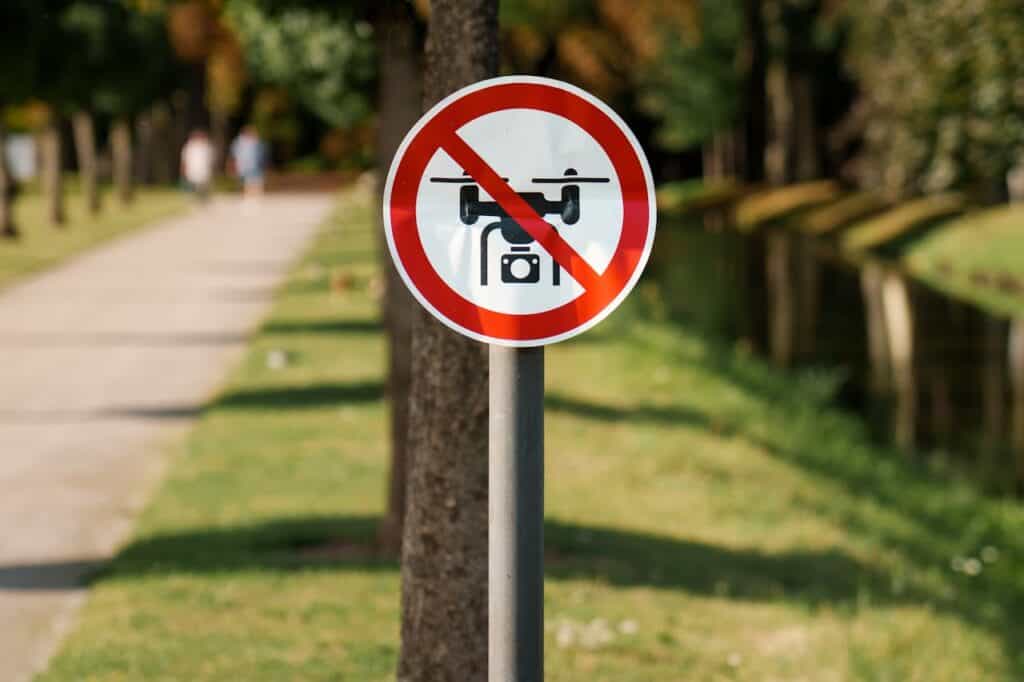
Drones feel like a normal part of travel tech now, especially for people who love sunrise footage over forests and lakes. In reality, many U.S. campgrounds, especially in national and state parks, ban drone launches and overflights. The rules protect wildlife, privacy, and firefighting airspace. Pilots who treat loops and backcountry areas as open airfields risk citations, confiscation, or park bans, even if flights seem short and harmless from the campsite picnic table.
Feeding Wildlife Around The RV
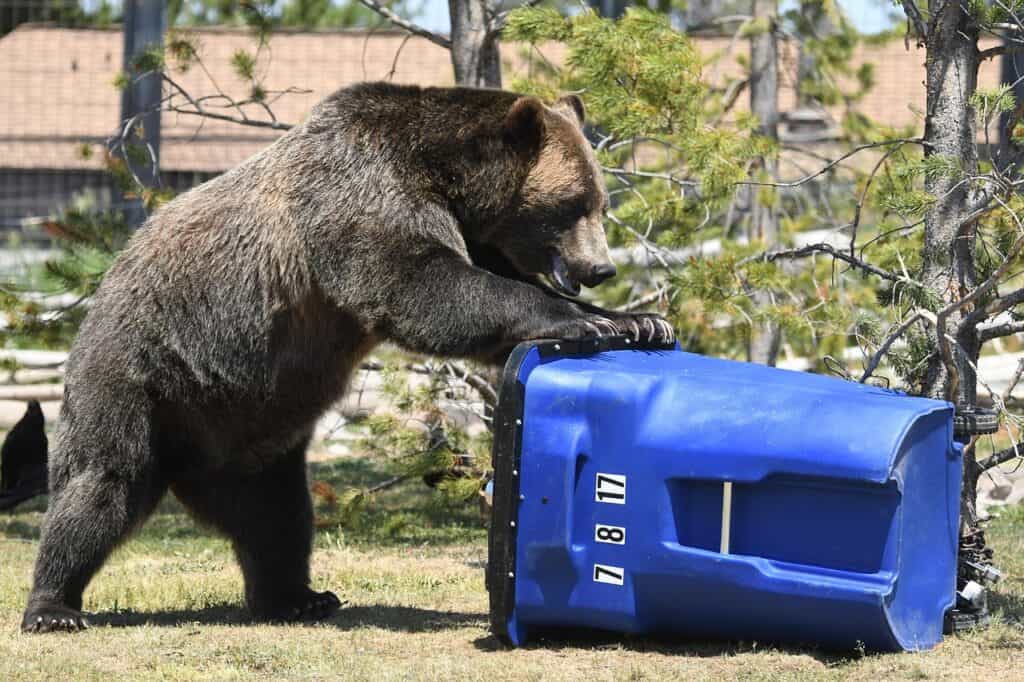
Tossing bread to ducks, french fries to chipmunks, or leftovers to raccoons can look like innocent fun. Wildlife regulations across the country treat feeding as a serious offense, because it changes animal behavior and increases aggressive encounters. Campgrounds where animals learn that RV doors mean snacks can quickly face property damage and bites. Rangers and hosts often hand out fines or eviction notices for deliberate feeding, reminding travelers that “do not feed wildlife” is more than a suggestion.
Using Illegal Firewood Or Transporting Logs Between Regions
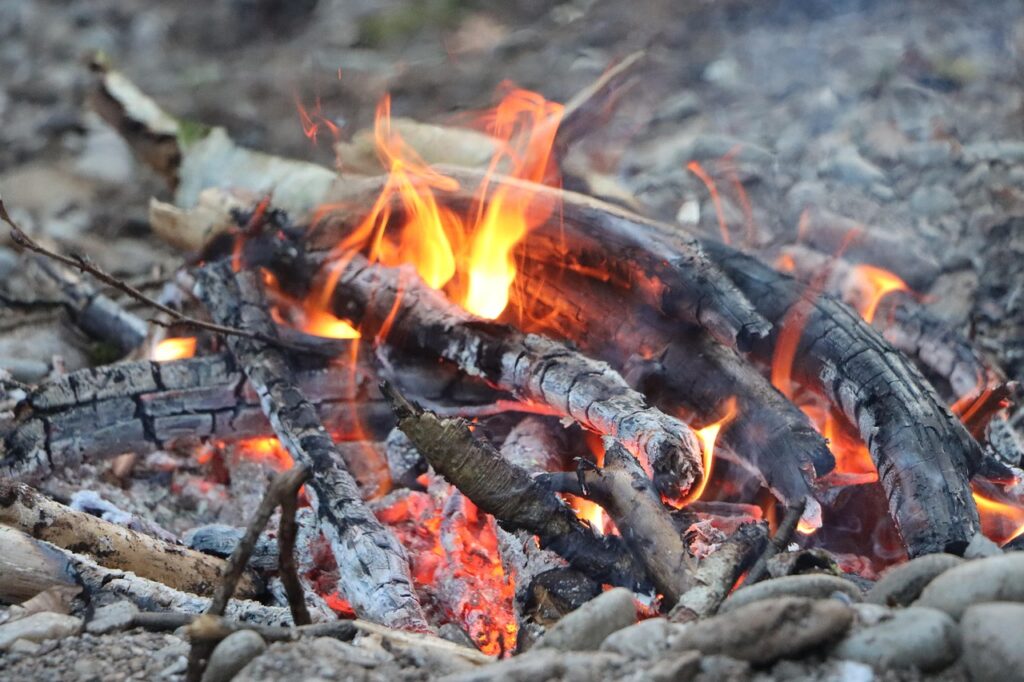
Bringing a trunk full of firewood from home feels thrifty and practical to many RV travelers. Forestry and agriculture agencies see it as a major vector for invasive insects and diseases. Many states and campgrounds now forbid outside firewood and require locally sourced bundles. Burning prohibited wood or ignoring signage can earn fines and help spread pests that kill entire forests. The rule can feel picky, but it sits at the intersection of recreation and long-term ecological health.
Treating Campsites As Business Offices Or Rental Lots
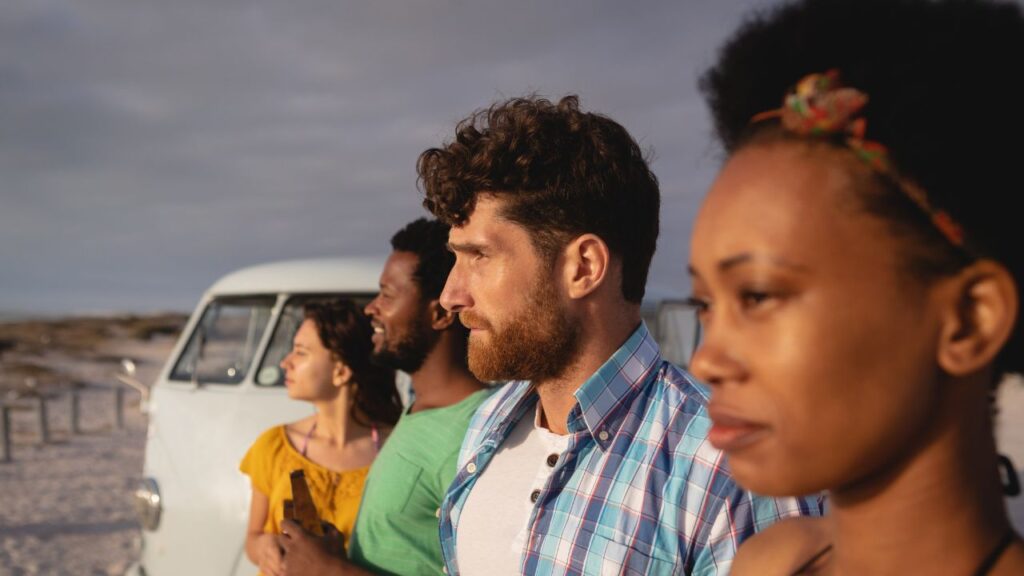
Some modern RVers try to run side businesses directly from their sites, from constant package deliveries to off-the-books equipment rentals. Zoning and campground rules generally prohibit commercial use of recreational spaces without permits. Extra vehicle traffic, strangers walking through loops, or gear handoffs near hookups can draw fast attention from managers. When a campsite starts behaving like an office, store, or rental depot, it often pushes parks to step in or end the reservation early.